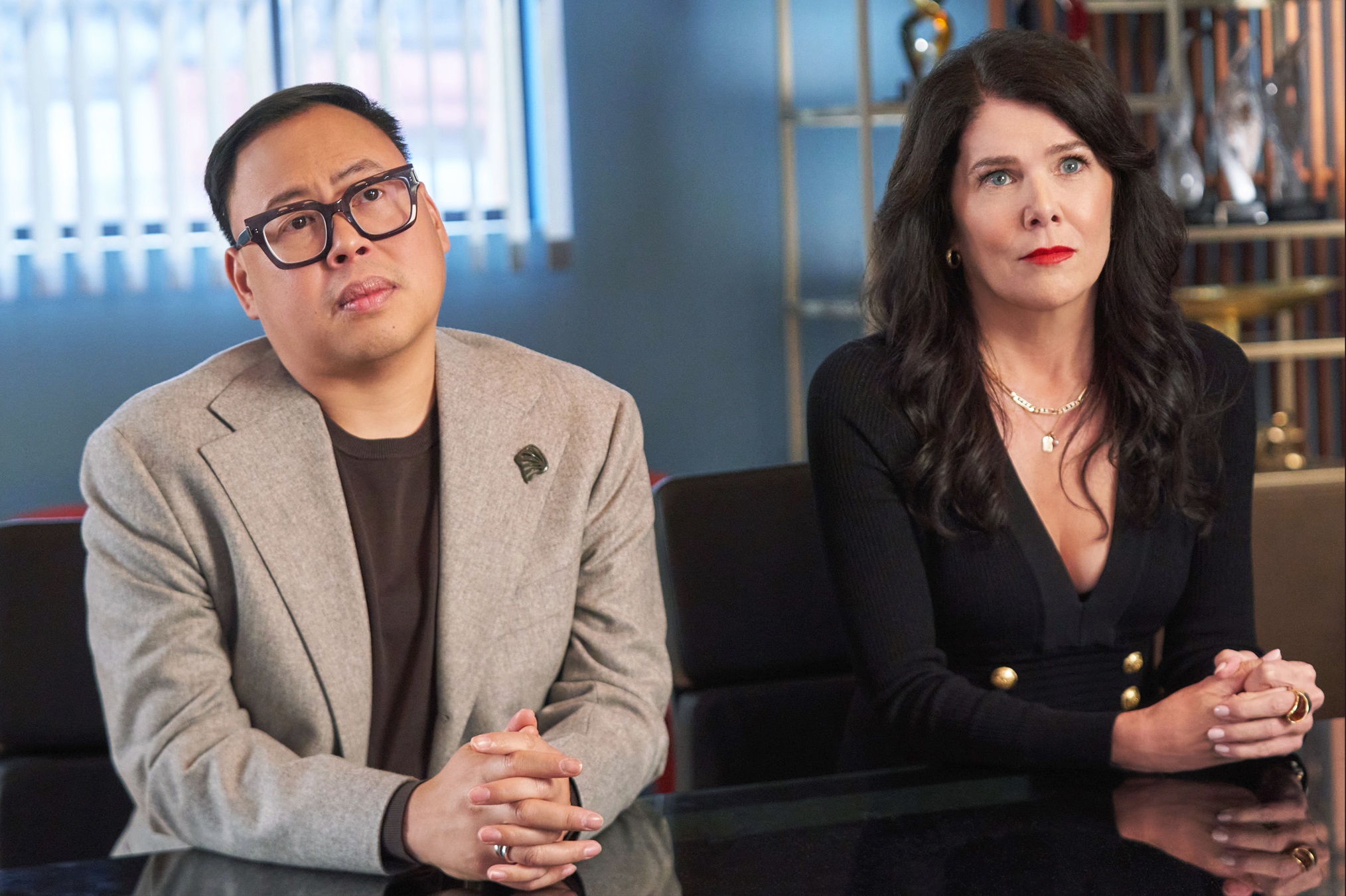
Kelly Scheib knows a thing or two—or eight—about parental leave.
“I like to say there are eight babies out there who call me momma,” the newly appointed chief people officer of Crunchbase—the first to fill the role—tells Fortune.
Scheib, 39, has cared for a lot of children—three biological kids and five foster kids (two of which she’s since adopted). Naturally, that experience has also shaped her career.
Foster care and adoption weren’t always a priority for Scheib, but after learning about a genetic predisposition that put her family at higher risk of cancer (her brother died in 2019 at 37 years old from pancreatic cancer), she and her husband decided they’d have to take a different route if they wanted to add to their family. She credits her brother for inspiring her to jump into fostering and providing respite care for children, too. Scheib might not have done it otherwise, even though he wasn’t able to see the full extent of his influence.
At the time, Scheib already had three children of her own. She was acutely aware of the difficulties working mothers face both in pregnancy and when balancing childcare and a career long after giving birth.
The juggling act is nearly impossible, she says. Organizations need to do a better job helping new parents as they adjust to life as a working parent.
Going back to work after giving birth to her first child was so difficult, Scheib says, that she almost quit altogether. “I had a resignation letter in my hand. I felt so out of balance.”
She had little support, she says. And it didn’t help that when she returned to work—her first job in HR during the Great Recession—she immediately had to start laying people off as the company she worked for downsized.
“One of the biggest challenges was just that I didn’t have paid leave very long,” Scheib says. “I had to return to work when my daughter was just seven weeks.”
Being a working parent in the U.S. isn’t easy
“I can tell you some of the worst advice I ever received from a coworker: ‘When you’re here, you’re an employee, and when you leave, you’re a mother,’” says Scheib. But from her experience, it’s impossible to not be both parent and employee simultaneously, all the time.
This advice was given to her long before she joined Crunchbase, which offers 14 weeks of paid parental leave and generally a more parent-friendly culture. Scheib now plans to use her personal experience to help shape the tech company’s policies as it grows.
Scheib’s husband, whose company provided better parental leave, was able to stay home longer with their first newborn, and that experience highlighted—among many things—the inconsistency and lack of equality in parental leave policies across the board. While some companies may go beyond the up to 12 weeks of unpaid parental leave mandated by the Family and Medical Leave Act, there are no guarantees—and many people don’t even qualify for FMLA. Post-pandemic, there’s been a drop in organizations providing paid family leave, leaving advocates worried this could be a troubling trend, especially as the government continues to fail to pass any legislation to support new parents.
The U.S. is the only wealthy country in the world without guaranteed paid family leave: Britain provides 39 weeks, Japan 52 weeks, and Sweden 68 weeks.
And that’s before even delving into the issue of childcare for young children. Daycare is in short supply and prohibitively expensive. Three in 10 parents with children under the age of 5 have to juggle caring for their children while working, according to the Census Bureau. And it’s causing people to do what Scheib considered: leave the workforce altogether.
Parental leave policies should include new foster parents
When Scheib decided to foster children, it presented a whole new set of challenges. She housed children and took in babies whose biological mothers suffered from drug addiction—they needed extra care and attention, but Scheib rarely took the time off from work.
She recalls a time when a child was dropped off in the parking lot of her office; she took them home and went right back to work the next day. When opening your home as a foster parent, Scheib says, the reality is you likely can’t afford to take unpaid time off from work. Being a foster parent and adopting highlighted for Scheib that there aren’t nearly enough benefits or accommodations to cover the nuances of parenting situations.
“Any parental leave benefits should also be granted to foster parents,” Scheib says. “Quite frankly, maybe more for what are sometimes more vulnerable children… It’s not like you get a call three weeks ahead of placement. They sometimes call you and say, ‘Can you pick up a child in 20 minutes?'”
Scheib was attending a human resources conference in 2019 when it happened to her. The foster care agency she worked with needed her to get to the hospital as soon as possible, as the mother of a little girl Scheib and her husband had already taken in had just given birth to another baby girl. Even though she wanted to drop everything and rush to the hospital, she couldn’t. So her husband went until she was free and able to meet him.
They eventually adopted both children, adding to their family of five. She’s always a mother, Scheib says, and because she loves the work she does as an HR professional, she’s always an employee. She just requires—and preaches—a more flexible, nonlinear work day.
“The reality is, once you’re a parent, your mind is often elsewhere because we’re human. My mind has been elsewhere since I had my first child, and I’ve still managed to be pretty successful,” Scheib says via Zoom from her South Carolina home. “Organizations need to think of their people as whole people… I’m going to go help do trigonometry this afternoon. It’s not going to be pretty, but I’m going to put work down and do it.”
Sign up for the Fortune Features email list so you don’t miss our biggest features, exclusive interviews, and investigations.

























